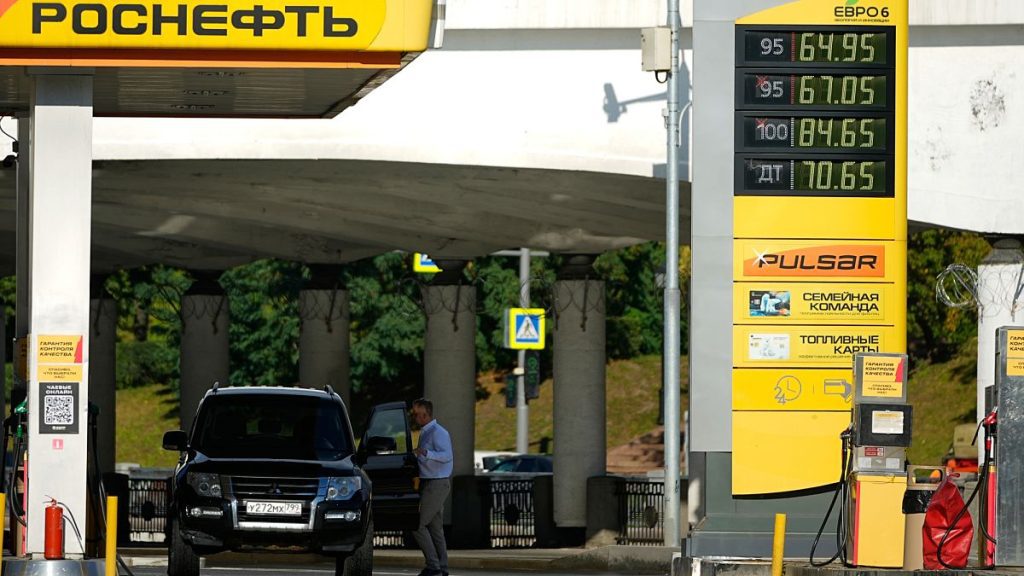ADVERTISEMENT
In the early hours of Thursday, Ukraine targeted one of Russia’s major oil refineries and petrochemical plants located in the Bashkortostan Republic, approximately 1,300 kilometers from the front lines in Ukraine.
Additionally, Ukrainian Special Operations Forces reported a separate strike on an oil refinery in Russia’s Volgograd region.
The Volgograd facility, about 450 kilometers from the frontline, is crucial for supplying fuel to the Russian military and is the largest petroleum producer in Russia’s Southern Federal District, processing 15.7 million metric tons of crude oil annually, which is 5.6% of the country’s total refining capacity.
In recent weeks, Ukraine has escalated precision attacks on Russia’s oil sector, leading to operational halts and even a nationwide fuel shortage.
According to Reuters, Ukrainian strikes have shut down facilities responsible for at least 17% of Russia’s oil processing capacity, equating to 1.1 million barrels per day.
Impact on Russia’s Military Financing
The Russian government heavily depends on revenue from oil and gas, which accounts for about one-third of its federal budget, making it a vital funding source for the war in Ukraine. Targeting oil infrastructure is a logical strategy for Kyiv, with Ukrainian President Volodymyr Zelenskyy noting it represents “the sanctions that work the fastest”.
Russian economist Vladislav Inozemtsev emphasized that hitting oil refineries has a much larger impact than targeting drone manufacturing facilities. Refineries, unlike drone factories, take longer to recover due to their complexity and the high cost of equipment, which is difficult to replace due to Western sanctions.
The significant reduction in oil production, particularly petrol, is causing noticeable economic deficits. Inozemtsev noted that while a 10% drop in petrol can lead to widespread discontent, the fuel shortages are becoming increasingly apparent across Russia as gas stations run dry and prices soar.
Russia’s Response to the Shortages
Despite being the world’s second-largest oil exporter, Russia is facing serious challenges due to seasonal demand and ongoing Ukrainian drone strikes. In an effort to alleviate fuel shortages, Russia has halted gasoline exports until the end of September and imposed a partial ban affecting traders through October.
As Moscow looks for long-term solutions, discussions about investing in missile defense and anti-drone protections are underway, though these efforts will divert resources from the economy. The government is also considering increasing the value-added tax (VAT) to manage its budget deficit.
Prolonged Conflict Ahead
Despite tightening sanctions, Russia’s economy has shown some growth, though predictions indicate GDP may slow to around 1%, with inflation remaining above 8%. Inozemtsev highlighted that Ukrainian attacks on the oil industry could stunt economic progress and cause discontent among citizens as fuel shortages become a pressing concern.
Putin appears determined to persevere, believing that the West and Ukraine will eventually falter. Inozemtsev concluded that while the situation intensifies, the Russian government remains focused on its military objectives.



